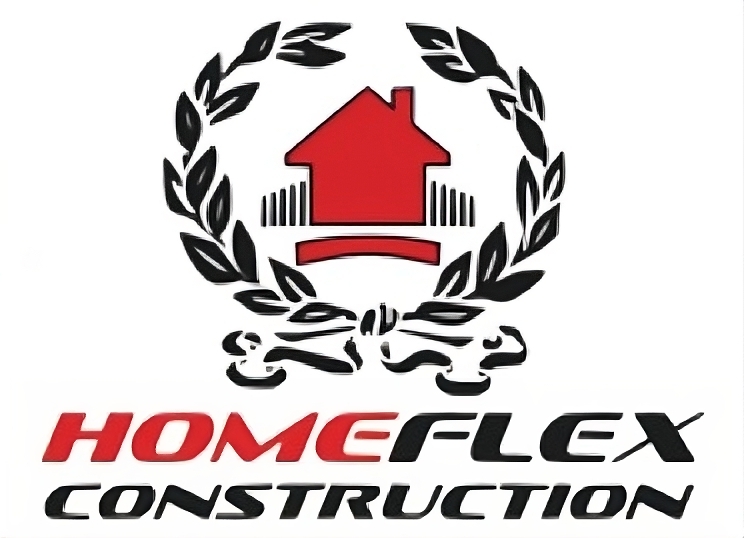
Are you facing roofing woes and seeking answers to your burning questions? Look no further! In this comprehensive guide, we’ll address common FAQs about roof repair, replacement, and maintenance to help you navigate the world of roofing with confidence.
How do I know if my roof needs repair or replacement?
Signs of roof damage include missing or damaged shingles, water stains on ceilings, sagging areas, and visible wear and tear. If your roof is over 20 years old or showing significant signs of deterioration, it may be time for a replacement.
How can I detect a roof leak?
Look for water stains on ceilings, walls, or attic surfaces, especially after heavy rain or snow. Check for mold or mildew growth, musty odors, and damp insulation. Inspect the roof for missing or damaged shingles, cracked flashing, or clogged gutters, as these can contribute to leaks.
What are the most common causes of roof damage?
Roof damage can result from various factors, including severe weather (such as wind, hail, or heavy rain), age-related wear and tear, improper installation, lack of maintenance, and tree damage (falling branches or debris).
How often should I inspect my roof?
It’s recommended to inspect your roof at least twice a year, ideally in the spring and fall. Additionally, perform a visual inspection after severe weather events or if you notice any signs of damage or leaks.
What are my options for roof materials?
Roofing materials vary in durability, cost, and aesthetic appeal. Common options include asphalt shingles, metal roofing, wood shakes, clay tiles, and slate. Consider factors like climate, architectural style, and budget when choosing the right material for your roof.
How can I extend the lifespan of my roof?
Regular maintenance is key to prolonging the lifespan of your roof. Schedule annual inspections, promptly repair any damage, clean gutters regularly, trim overhanging branches, and ensure proper attic ventilation. Additionally, consider applying a protective roof coating to enhance durability and weather resistance.
Can I DIY roof repairs, or should I hire a professional?
While minor repairs like replacing a few shingles or sealing small leaks can be DIY projects for handy homeowners, major repairs or roof replacements should be left to experienced professionals. Roofing work requires specialized skills, safety precautions, and proper equipment to ensure quality results and minimize risks.
How much does roof repair or replacement cost?
The cost of roof repair or replacement depends on various factors, including the size and complexity of the roof, choice of materials, extent of damage, labor costs, and location. Request quotes from reputable roofing contractors to get accurate estimates for your specific project.
What is the lifespan of different roofing materials?
Roofing materials have varying lifespans, with asphalt shingles typically lasting 15-30 years, metal roofing lasting 40-70 years, wood shakes lasting 20-40 years, clay tiles lasting 50-100 years, and slate lasting 75-200 years. Proper installation, maintenance, and environmental factors can affect longevity.
How can I prevent ice dams on my roof?
Ice dams occur when melting snow refreezes at the roof’s edge, causing water to back up under shingles and leak into the home. To prevent ice dams, ensure proper attic insulation and ventilation, keep gutters and downspouts clear of debris, and consider installing heat cables or ice melt products.
Is it necessary to remove old shingles before installing new ones?
While some roofing projects allow for installing new shingles over existing ones (known as a “roof overlay”), it’s generally recommended to remove old shingles to inspect the roof deck for damage, ensure proper installation, and prevent excessive weight on the roof structure. Consult with a roofing professional to determine the best approach for your specific situation.
What should I do if my roof is leaking during a storm?
If your roof is leaking during a storm, take immediate action to minimize water damage. Place buckets or tarps to collect water, safely remove valuables from affected areas, and contact a roofing contractor for emergency repairs. Avoid climbing onto the roof during severe weather and prioritize safety.
Can I install solar panels on my roof?
Installing solar panels on your roof is a viable option for homeowners interested in renewable energy and reducing utility costs. However, it’s essential to ensure that your roof is structurally sound, properly oriented to maximize sunlight exposure, and free of shade obstructions. Consult with a solar installer to assess feasibility and design a customized solar solution for your home.
In conclusion, addressing roofing FAQs can help homeowners make informed decisions about roof repair, replacement, and maintenance. By staying proactive and knowledgeable, you can safeguard your investment and enjoy a durable, long-lasting roof for years to come. If you need professional assistance or have specific concerns about your roof, don’t hesitate to consult a trusted roofing contractor for personalized advice and solutions.

